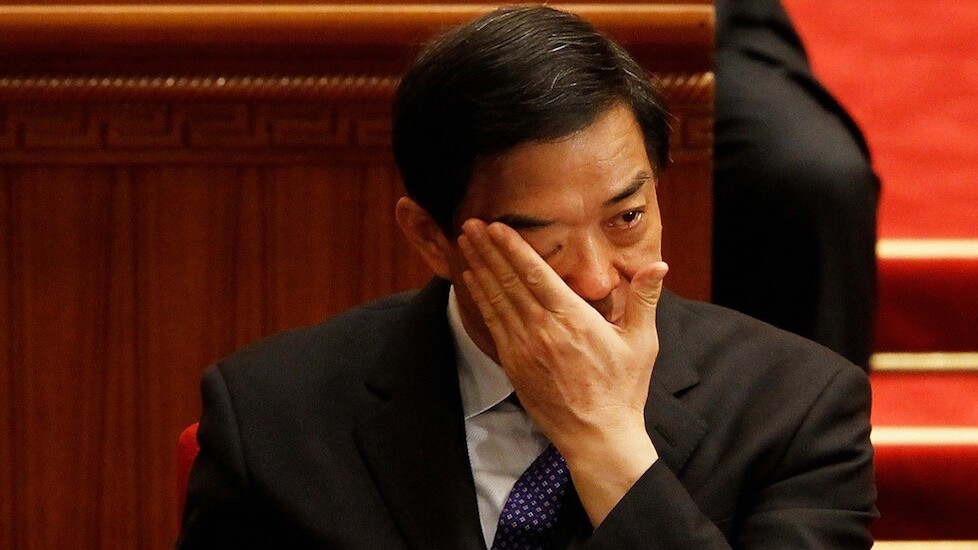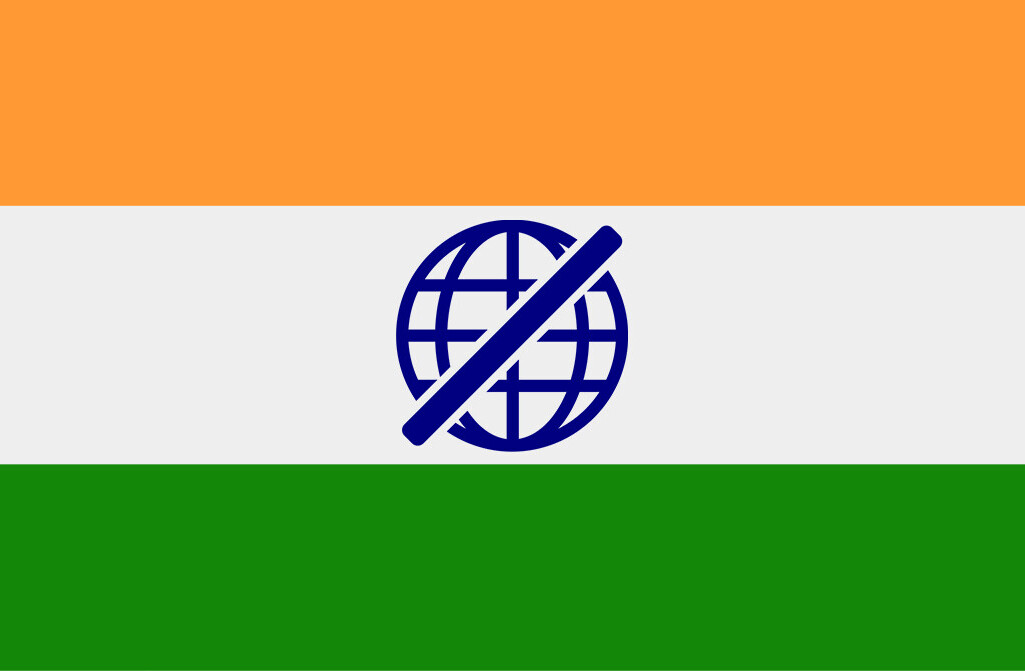
China’s censorship is in overdrive after a former high-ranking official Bo Xilai was charged today with bribery, embezzlement and power abuse, the Wall Street Journal reports.
Censors have reportedly been taking down unfavorable comments on China’s Twitter-like microblogging platform, Sina Weibo, that criticize the Communist Party or express sympathy for Bo. Many of the deleted posts are shown on the Free Weibo site. The WSJ report also mentions that a note of support from a microblogger in Dalian, the city where Bo started his political career, was later deleted.
It is possible too that some of the posts may have been deleted by Sina Weibo’s “rumor control” team — which aims to dispel false news and information, though in some cases, its hand appears to be forced by the government.
Bo, a former Communist Party politician, captured the attention of Chinese citizens and people from all over the world as details of his allegedly corrupt life surfaced last year — which included links to the mysterious death of a 41-year-old British businessman in a Chongqing hotel room that was declared a murder.
His downfall caused a huge political shockwave that reverberated to the online world, and most comments went through Sina Weibo, with the WSJ noting that back then plenty of posts debated on whether Bo was a criminal or a sacrificial lamb.
Last year, this led to three of China’s most influential Internet companies — Baidu, Sina and Tencent — pledging to “firmly support and cooperate with relevant government departments in cracking down and probing web rumors.”
Subsequently, this time round the comments on Sina Weibo in response to Bo’s news are largely supportive of the government. Several comments say that the Communist Party has made the right decision to charge Bo, and that Bo’s indictment proves the government’s determination to stamp out corruption and that they believe in the Party.
The one-dimensional tone of these comments leaves one to believe that China’s censors have been hard at work. The WSJ report notes that this could be the work of so-called trolls or the “Water Army” — real people who use so-called zombie accounts to post comments online to influence public opinion.
Among other social media services, Twitter is blocked in China. On the other hand, Sina Weibo has more than 400 million registered users and the service enjoys a large profile in China, becoming a force to be reckoned with. This has resulted in Sina Weibo having to walk a fine line between exerting control on the service and letting it operate organically as a forum for dissent and “free”(er) speech. This time round, it seems the government has the upper hand.
Headline image via Mobile Monday Bangkok
Get the TNW newsletter
Get the most important tech news in your inbox each week.





